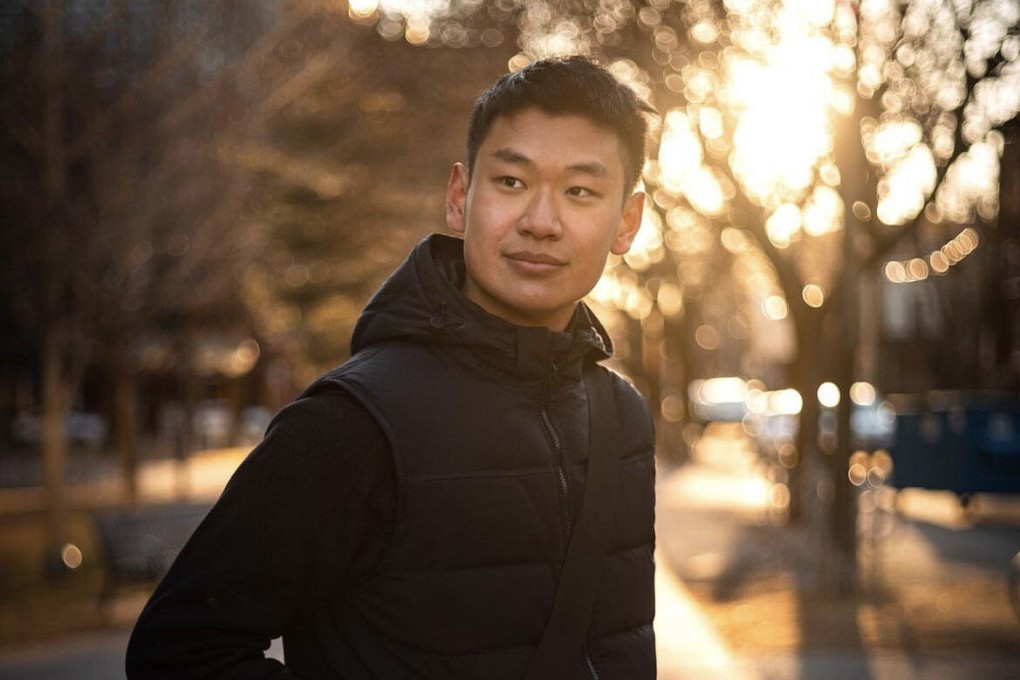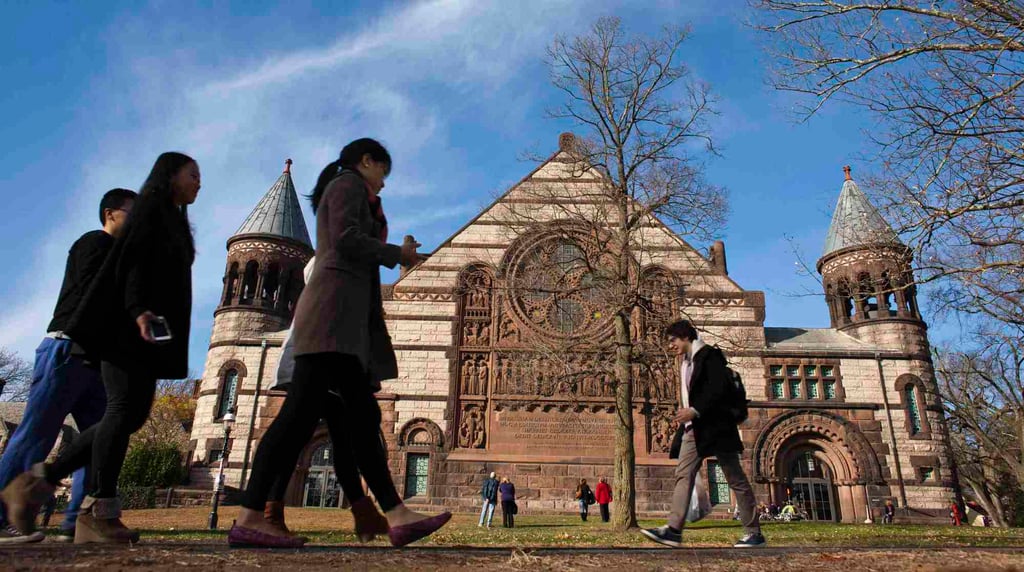Advertisement
Exclusive | Who is Edward Tian? He wants to keep his GPTZero app free for users to take on ChatGPT
- GPTZero, which can sniff out AI-written text, has been accessed by 80,000 people since its January 3 launch, said Edward Tian, who wrote the app in a Toronto cafe
- The grandson of a Tsinghua University-trained electrical engineer, Tian is months from completing his double major in computer science and journalism
Reading Time:3 minutes
Why you can trust SCMP

Edward Tian, who wrote the app that sniffs out ChatGPT’s bot-written text, said he will keep a version of ZeroGPT free, even as he is being approached to work with the plagiarism-detection service Turnitin and other companies.
GPTZero, written by Tian over three days in a cafe over the New Year holiday, has been accessed by 80,000 people since its January 3 launch, Tian said in an interview from Toronto.
Featuring the tagline “humans deserve to know the truth”, the app is aimed at educators, and can assess whether a corpus of text was written by humans or artificial intelligence (AI). It was so successful that it crashed the app, requiring the online host Streamlit to step in to support a larger amount of web traffic.
Advertisement
“There was so much hype and excitement surrounding ChatGPT, but like with any new technology, we have to adopt it responsibly”, said Tian, a 22-year-old Princeton University senior who is months away from his finals in computer science and journalism. “That was the main motivation for GPTZero.”

ChatGPT was launched in November by OpenAI, a seven-year old AI research lab founded by its chief executive Sam Altman, who counts the world’s wealthiest man and Tesla chief executive Elon Musk as an early backer.
Advertisement
Advertisement
Select Voice
Select Speed
1.00x